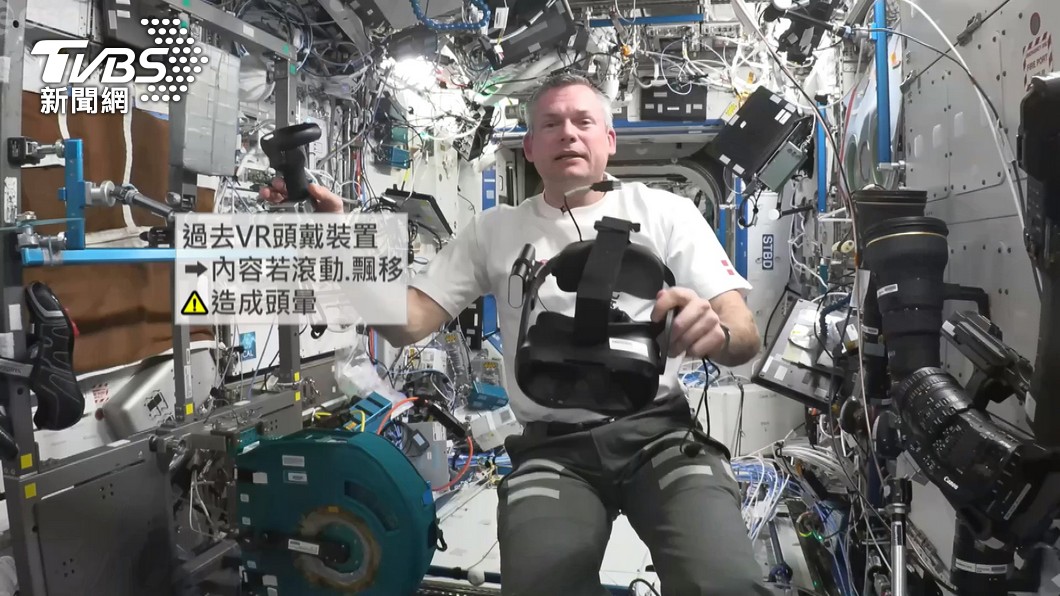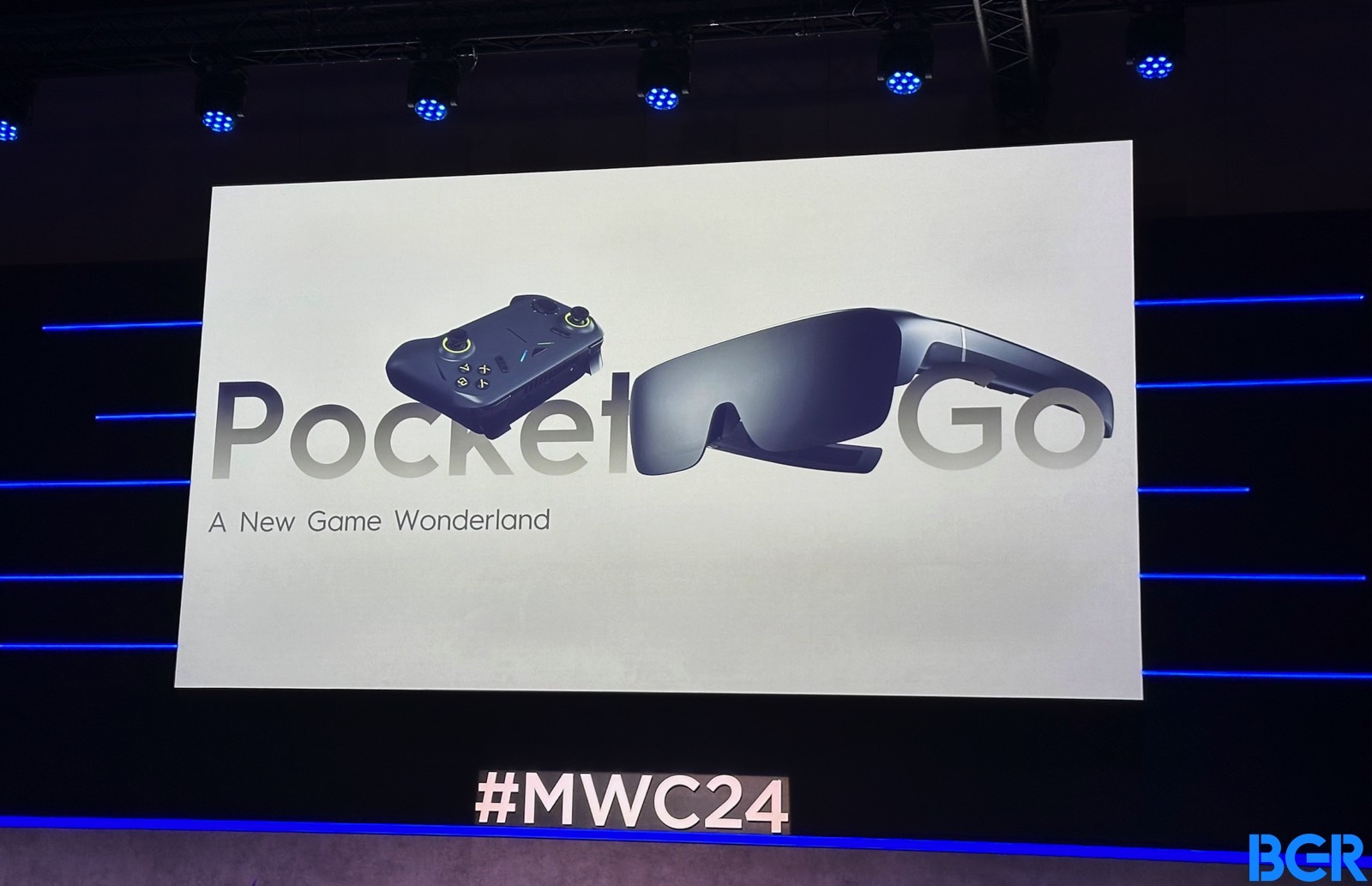- Vision Quest
- Posts
- This Week in Tech 010
This Week in Tech 010
Explore the cutting edge of XR technology, AI advancements, and the fierce competition in humanoid robotics

HTC in Space, Oppo Glasses on Your Face, and the Tesla v. Figure Robot Race!
Step into a world where innovation knows no bounds, and the future is being written in code and metal. From HTC's groundbreaking strides in XR technology that take us beyond the stars to the cutting-edge AR experiences provided by Tecno's gaming console, this edition is a testament to the leaps we are making in spatial computing and virtual immersion.
Witness OPPO redefine reality with its sleek Air Glass 3, while XPANCEO promises a future where XR contact lenses merge the digital with the tangible. Amidst these marvels, AI challenges our perceptions of creativity and efficiency, from Alibaba's EMO revolutionizing digital expression to Klarna's AI transforming customer service dynamics.
The robotics domain is heating up with a titanic clash between Tesla and Figure, each vying to lead the humanoid robot revolution. Join us as we embark on a thrilling exploration of the latest and greatest in technology, where space exploration, digital realms, and AI-powered futures converge in a symphony of innovation.
The Metaverse and Spatial Computing
HTC showcased groundbreaking XR and spatial computing technologies at MWC 2024, highlighting advancements in immersive experiences for business, leisure, and learning. The VIVE Focus, designed for astronaut training in space, was a key highlight. HTC also introduced the VIVE Business+ service for easy management of multiple devices, featuring real-time collaboration tools.
The AI-driven VIVERSE platform showcased smart features like voice assistants and real-time translation. HTC's commitment to XR technology was evident, with demonstrations emphasizing its application in diverse domains, including deep space exploration and enterprise training.
At MWC 2024, Chris Smith from BGR was impressed by Tecno's Pocket Go, an AR Windows 11 gaming system. Differing from past AR experiences, this system combines AR glasses (AR Pocket Vision) with a controller that doubles as a Windows 11 PC (Pocket Windows Handheld), offering an immersive 215-inch virtual display experience.
The system, designed for high-end PC gaming, provides smooth gameplay, responsive controls, and comfortable wear. Tecno aims to revolutionize AR gaming and PC experiences with this device, expected to sell for around $1,000, highlighting its potential as both a gaming system and a versatile PC.
The OPPO Air Glass 3, showcased at MWC 2024, represents the latest in "assisted reality" glasses, offering real-time information via a full-color lens display. This prototype stands out by leveraging OPPO's AndesGPT for enhanced functionality through smartphone connectivity.
Despite being a prototype with predecessors that haven't hit the market, the Air Glass 3 promises advanced features like AI assistance, music playback, and potential future capabilities like translation and fitness tracking, showcasing OPPO's continued innovation in smart glasses technology.
Not going to lie, we’re pretty skeptical that there will be AR contact lenses ready for consumers in the next 2 years. But this year at MWC 2024, XPANCEO unveiled four smart contact lens prototypes aimed at revolutionizing XR (Extended Reality) targeting a release by 2026..
These lenses, developed by a team of 40 researchers from Spanish and European institutions, promise immersive experiences through features like XR access, health monitoring, and content interaction without the bulk of traditional AR/VR devices.
With ambitions to lead the emerging XR contact lens market, XPANCEO's advancements could transform how we interact with digital content, making immersive technology more accessible and integrated into daily life.
We’ll have to wait and see how things progress and if this product will become a reality.
Artificial Intelligence
The screenwriter of the 1989 film Road House is suing MGM Studios and Amazon Studios for copyright infringement regarding the remake. The lawsuit also claims Amazon used AI to clone actors' voices during the Hollywood strikes. The screenwriter had attempted to reclaim rights to the screenplay, arguing against the "work-made-for-hire" clause.
Amazon denies using AI for actor voices and asserts that any AI usage would have been by filmmakers, not the studio. Amazon also contests the claim that its copyright on Road House has expired.
Klarna, a Swedish fintech company, has implemented an AI assistant developed in partnership with OpenAI, handling tasks equivalent to 700 employees. This AI manages a significant portion of customer service chats, enhancing efficiency and reducing response times. The integration significantly boosts Klarna's operational efficiency, supporting its potential IPO plans while reshaping its hiring strategy to focus on roles complementing AI functionalities.
“is doing the job of an equivalent of 700 agents.”
— Robert Scoble (@Scobleizer)
3:44 AM • Feb 28, 2024
Alibaba has unveiled EMO, an AI video generator capable of animating still images into singing and speaking characters, showcasing it by making the Sora lady sing a Dua Lipa song. EMO, which stands for "Emotive Portrait Alive," demonstrates advanced facial animation from audio, distinguishing itself from other AI applications like NVIDIA's Audio2Face by producing more realistic and emotive facial expressions.
While EMO's technology is impressive, its true capabilities and limitations, especially in handling complex emotions or lesser-known languages, remain to be fully explored
We're stepping into a new reality (!)
Introducing EMO: a groundbreaking AI that creates expressive portrait videos from just an image and audio!
🧵 More in the thread:
— Dogan Ural (@doganuraldesign)
8:30 AM • Feb 28, 2024
Robotics
As previously reported in our newsletter, Figure continues to impress with its latest achievement: raising $675 million in Series B funding, valuing the company at $2.6 billion. This significant investment, supported by Microsoft, Nvidia, Jeff Bezos, and others, will fuel AI training, robot manufacturing, and commercial deployment efforts.
Collaborating with OpenAI, Figure is poised to advance the capabilities of humanoid robots, demonstrating rapid progress in developing a versatile, multipurpose robot. Their commitment to innovation in the robotics field further solidifies Figure's growing impact.
The competition between Figure and Tesla in developing humanoid robots is intensifying. Figure AI, led by CEO Brett Adcock, has secured $675 million in funding from notable investors including Jeff Bezos and Microsoft, valuing the company at $2.6 billion. This investment propels Figure into direct competition with Tesla's Optimus.
Adcock's vision for Figure, inspired by his lifelong interest in robotics and successful ventures in AI-based talent marketplaces and eVTOL aircraft, focuses on creating general-purpose humanoid robots. Figure's collaboration with OpenAI aims to enhance humanoid robots' processing and reasoning capabilities from language, accelerating commercial deployment efforts.

Will Smith would be getting real skeptical right about now
Something Extra
World's first jet suit race in Dubai Jetsuit Race Series 2024 Marvel's Iron Man Jet Pack racing
— Real Estate in AE (@realestateinae)
3:31 PM • Mar 1, 2024
shopping for video games in 2002
— Nostalgia From Your Childhood (@NostalgiaFolder)
10:09 PM • Feb 29, 2024
How did you like this week's edition? |




/cdn.vox-cdn.com/uploads/chorus_asset/file/25308723/Screen_Shot_2024_02_27_at_4.42.26_PM.png)



